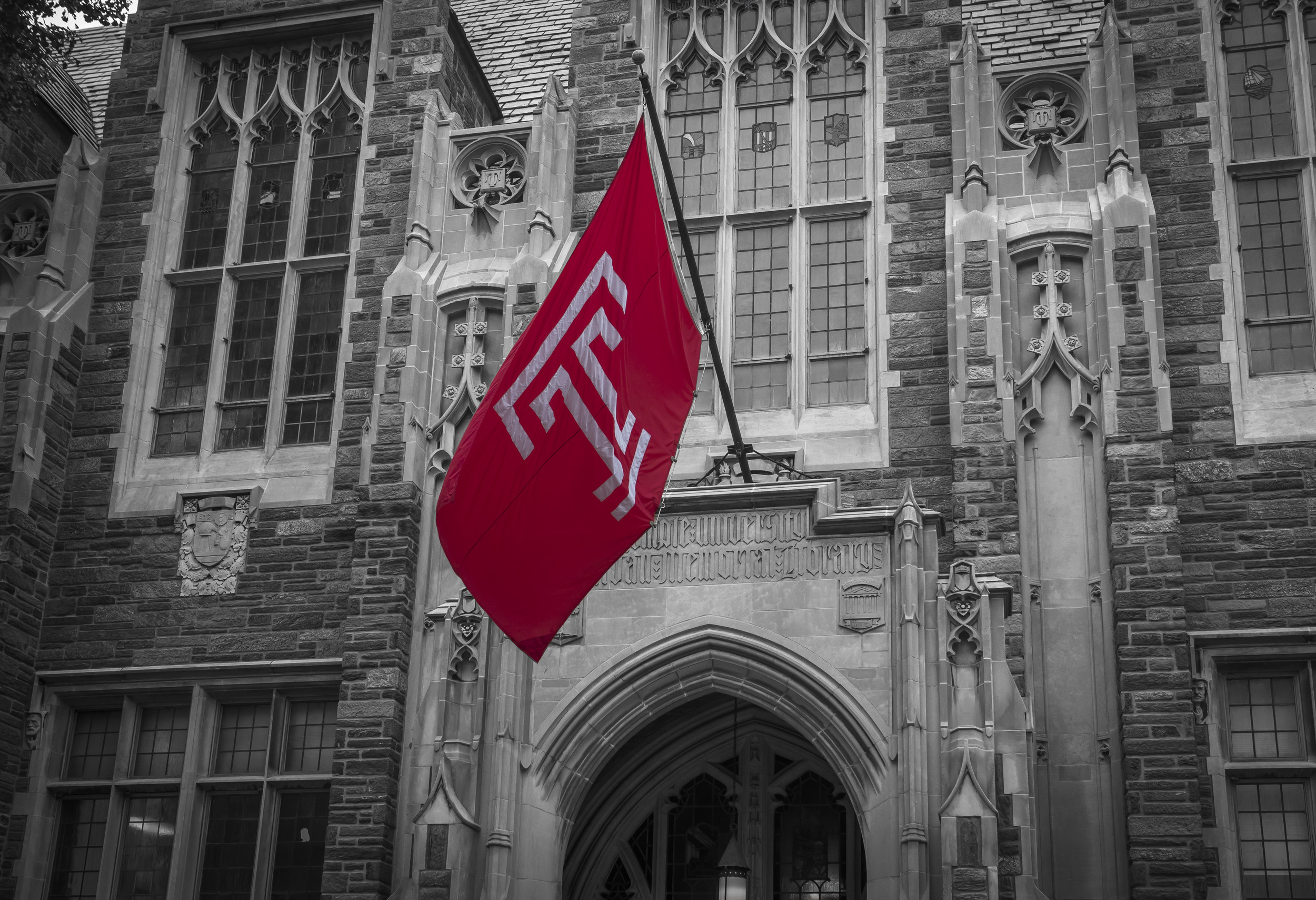The 10-week course, titled “Cherry for Success,” offers justice involved individuals the opportunity to gain entrepreneurial skills and education to build successful businesses. (Photo courtesy of Betsy Manning)
As a pillar within Philadelphia, Temple University showcases the importance of being a steadfast provider of educational and professional developmental opportunities for everyone within its surrounding communities.
Upholding that support, this spring, Temple University’s Office of Community Affairs and Engagement and the Innovation and Entrepreneurship Institute are proud to launch, “Cherry for Success,” a 10-week long business course offering entrepreneurship training, business education and personal development to justice involved individuals. The inaugural cohort of 16 students all reside within the neighboring ZIP codes of Temple University’s Main Campus.
The course, which prioritizes students with classroom instruction, mentorship and entrepreneurship development, was made possible through a grant from the City of Philadelphia’s Office of Reentry Partnerships to the Office of Community Affairs and Engagement.
William “Bill” Hart, associate director of community affairs and engagement, Valerie Harrison, vice president for diversity, equity, inclusion and community impact and Alan Kerzner, an associate professor of practice at Temple University’s Fox School of Business and academic director of the Innovation and Entrepreneurship Institute, oversaw the development of the new program.
“Research consistently highlights that the lack of educational and economic opportunities lies at the core of many societal challenges, including poverty and crime,” Harrison says.
“Temple University recognizes this and remains steadfast in its commitment to addressing these issues through the implementation of integral programming for those within the community—the introduction of this course showcases that dedication.”
In addition to raising students’ cultural esteem and communal identity while reducing rates of recidivism, a primary goal is for students to leave the course feeling prepared to build and sustain a thriving business.
“Having top entrepreneurs and leaders from a variety of different industries visit our classes to speak with our students is very inspiring.”
Kerzner worked to develop the courses’ curriculum including course topics, homework for the students and university faculty participation.
“I am very proud of the work we have done in developing this course,” Kerzner says. “Some of the specific workshops taught by our university faculty and guest lecturers will be ‘developing an open mindset/creative thinking,’ ‘finding and prioritizing opportunities,’ ‘business model canvas and plans,’ ‘getting your first customers,’ and ‘legal and financial planning for your company’—all important elements.
“We intend for this course to have a real impact on the futures and professional successes of those who are enrolled, and through the curriculum we have developed, I have no doubt it will—I am happy to see the institute be involved in such an important community initiative.”
Another key element of the program is providing students with the chance to receive business and entrepreneurial advice from top thoughts leaders across a variety of industries. Scheduled guest speakers of the program include:
- Kiea Hutty, assistant vice president of small business banking at Bank of America
- Kimberly McGlonn, founder of NOOR by Grant Blvd
- Michael Pearson, president and chief executive officer of the Public Health Management Corporation,
- Dr. James Smith, a professional business speaker coach
- Sherman McLeod, co-founder, president and CEO of Philadelphia Technician Training Institute
- Darlene Jones, owner of Star Fusion Express Restaurants
“Having top entrepreneurs and leaders from a variety of different industries visit our classes to speak with our students is very inspiring,” Kerzner says. “Their advice and lessons they have learned from their own business ventures will surely offer our students some insightful perspectives.”
While the course is scheduled to conclude at the end of March, those managing the program are confident that students will utilize its benefits well into their futures.
“As a community, Temple works to ensure its faculty, staff and students deliver services and programming that benefits our Philadelphia neighbors. It’s our hope that initiatives like this course, and our newly launched ‘Community Gateway,’ make a positive impact” Harrison says.
“We have a mission to harness the university’s economic power, social capital and resources to support and enhance the well-being of Philadelphia families at every stage of life—‘Cherry for Success’ shines an important light on the impact we can have.”
Lahav’s accomplishments in the healthcare operations industry showcase how the program can benefit any business professional, regardless of their area of expertise.
